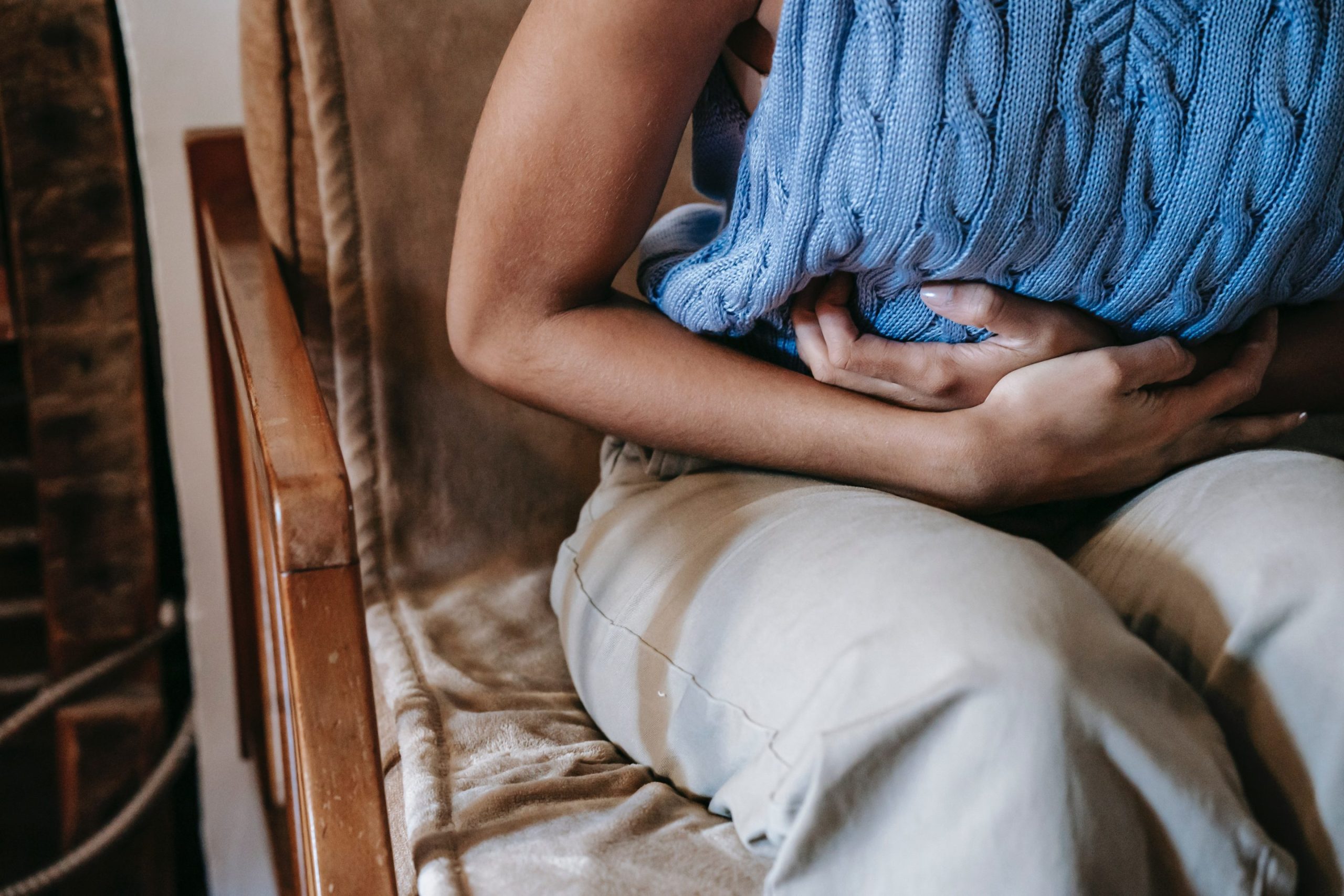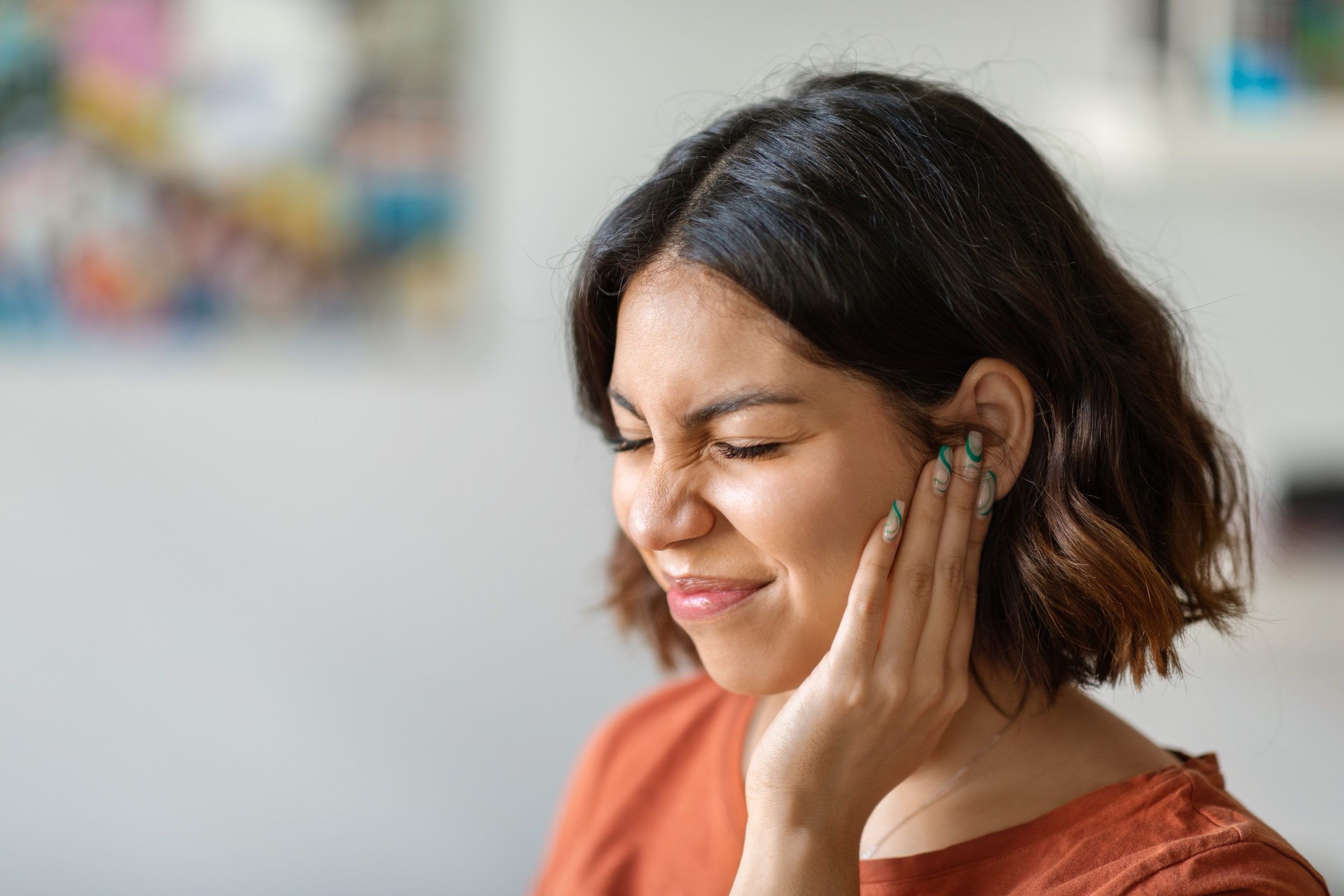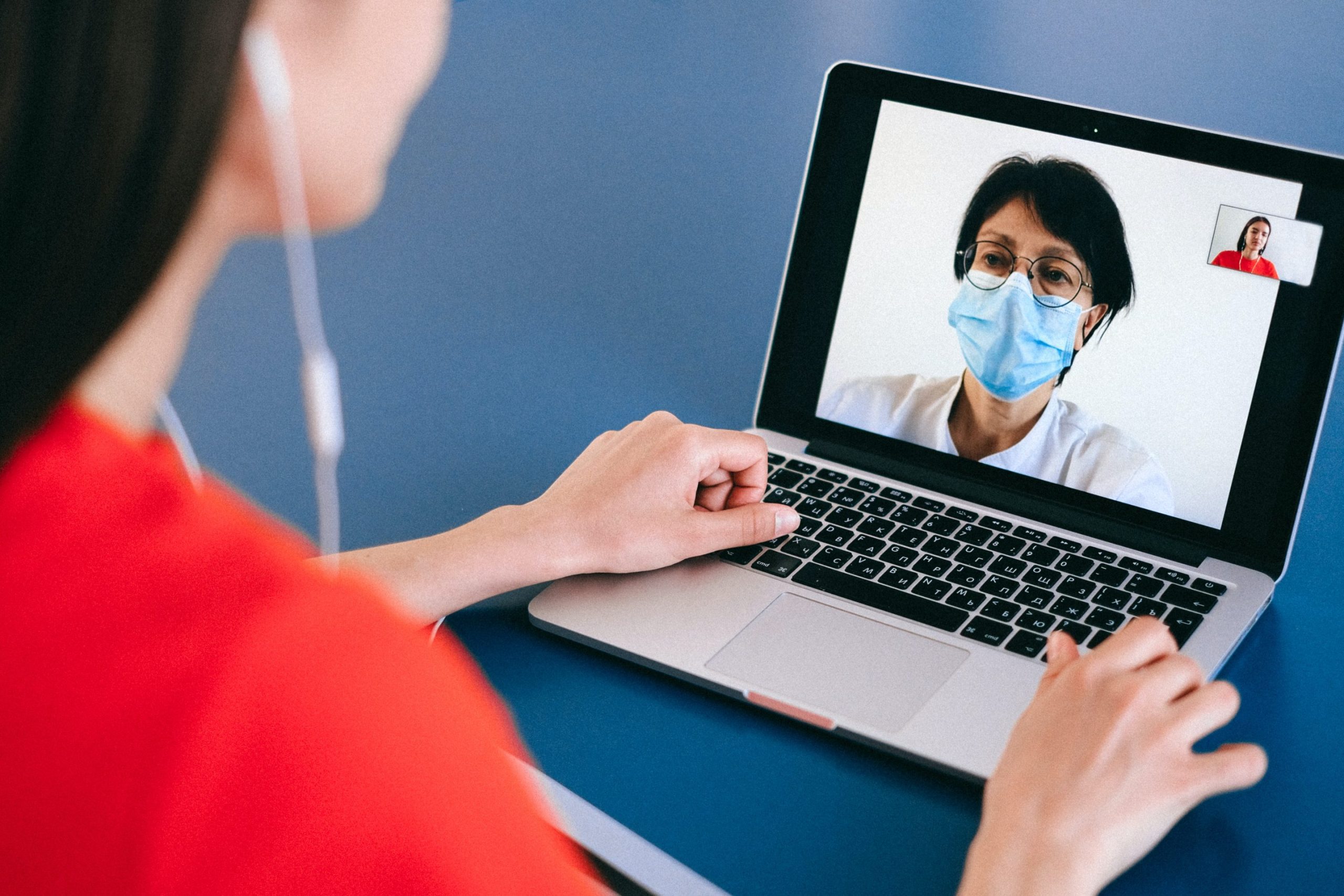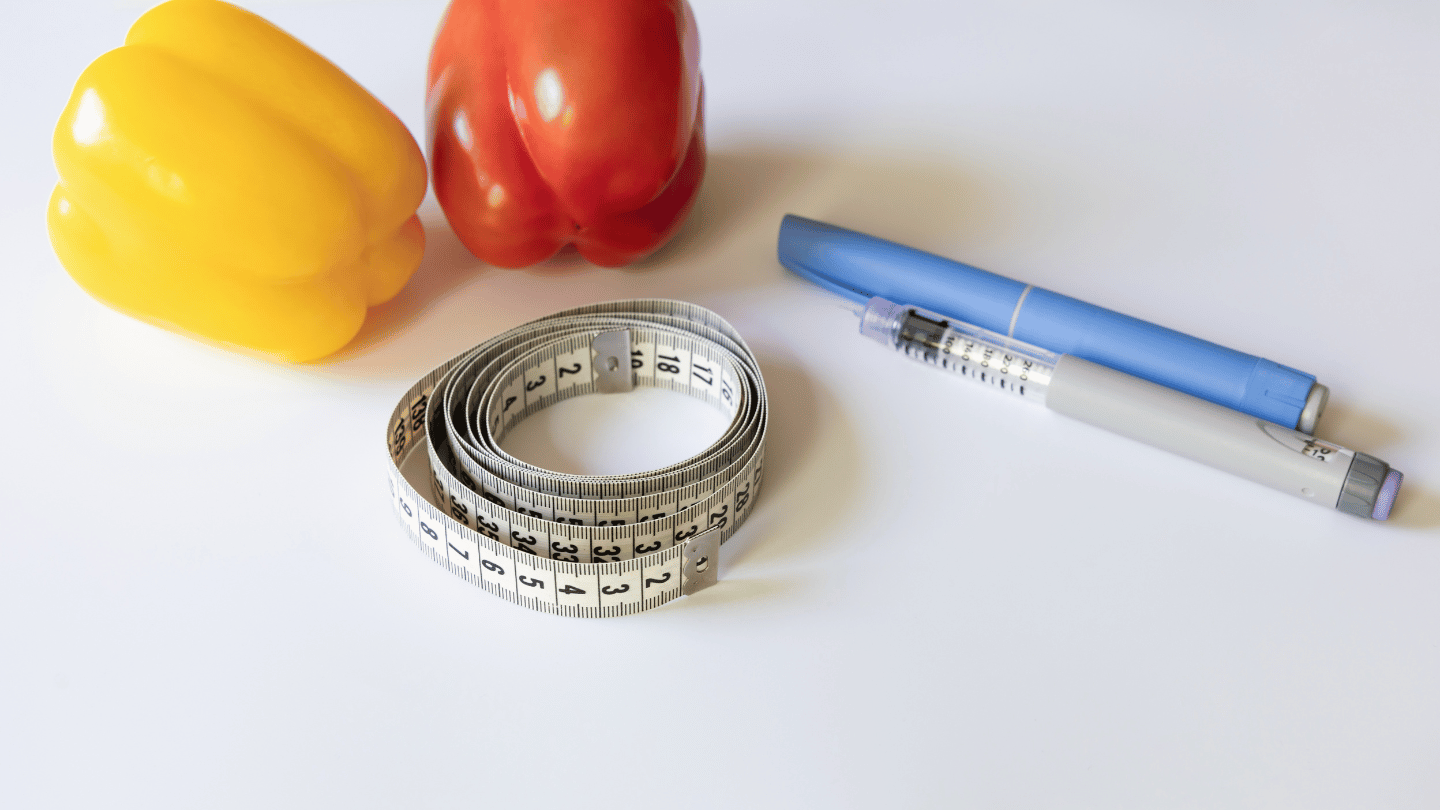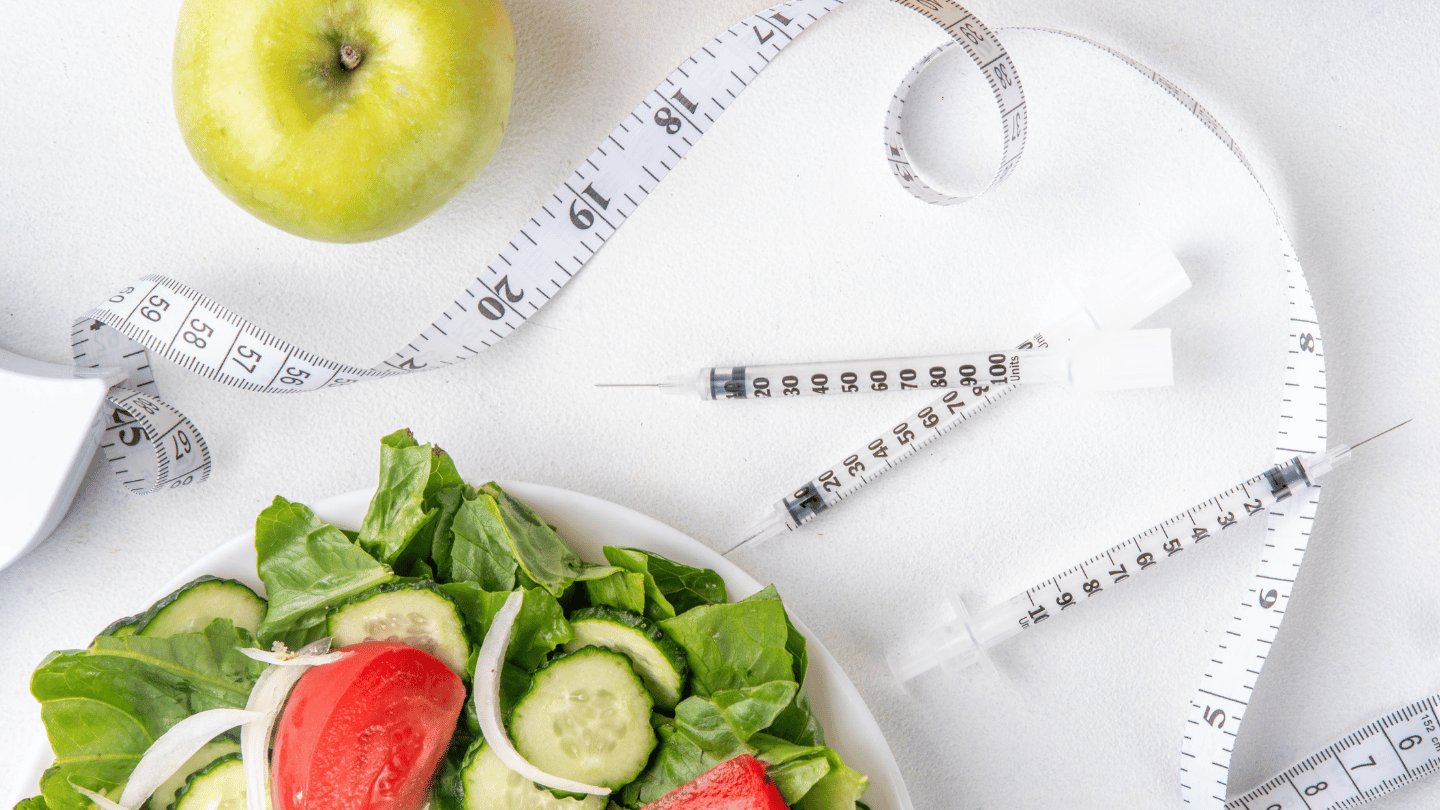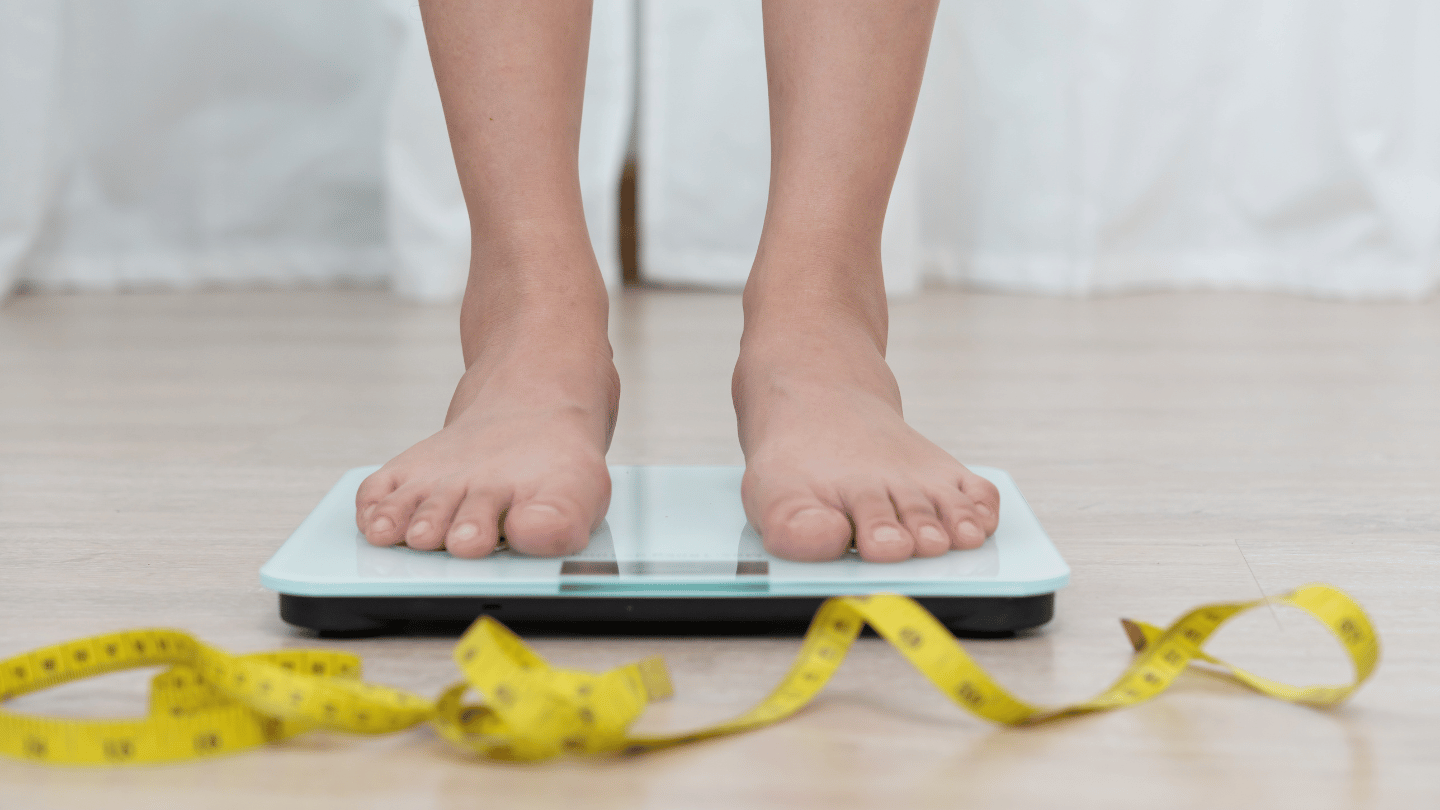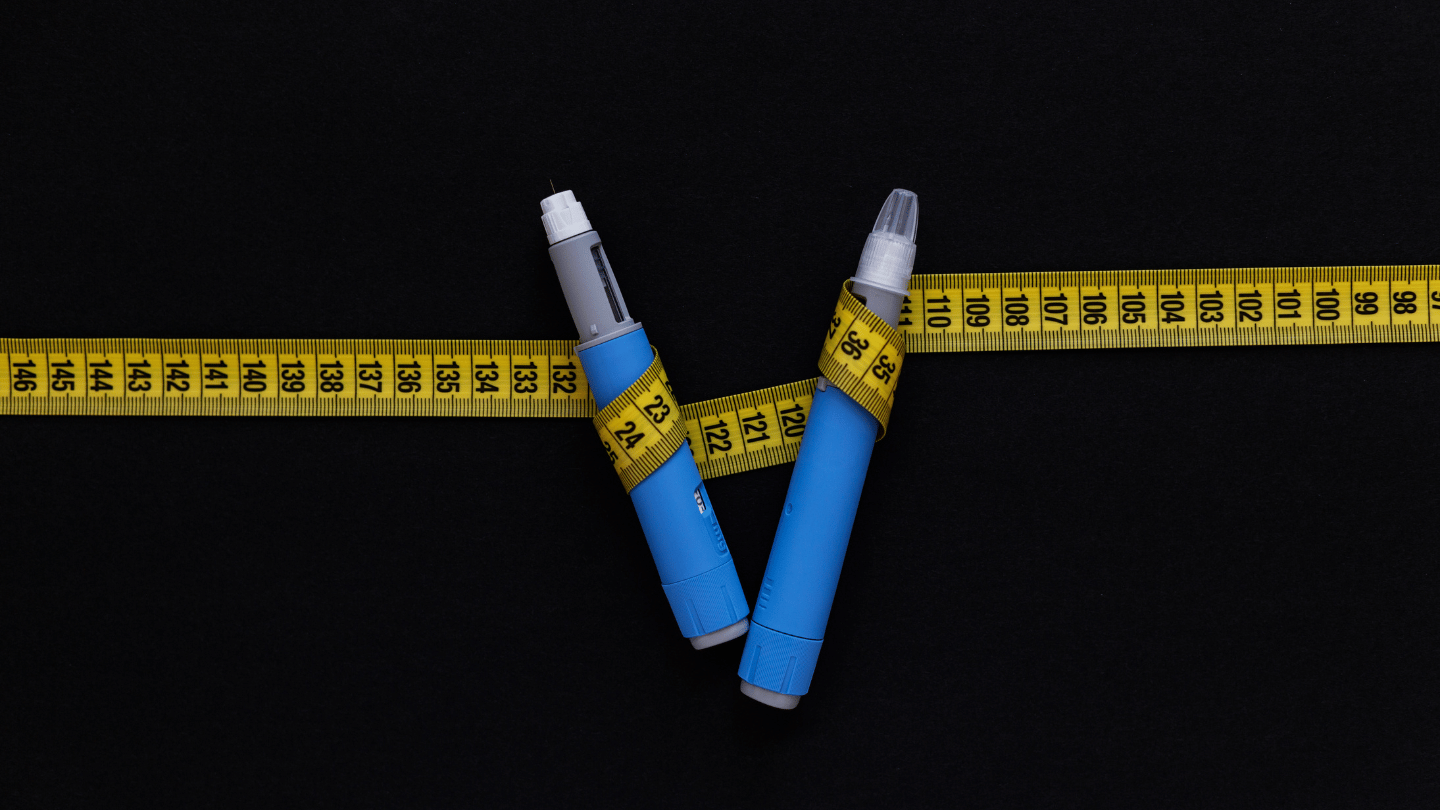Are you prioritizing your sleep hygiene, the crucial environment and habits that impact your sleep, to support your physical, mental, and emotional health? Sleep hygiene plays a significant role in your overall well-being, especially your mental health.
Here’s a comprehensive guide on how to enhance your sleep hygiene for a more restful night’s sleep.
How Can I Improve My Sleep Hygiene?
1. Improve Your Environment
- Create a Quiet Space: Prioritize peace and quiet in your bedroom. If you live on a busy street, consider soundproofing or using white noise to drown out background sounds.
- Control Light: Use blackout curtains to keep out light. Darkness helps your body produce melatonin, which makes you sleepy.
- Adjust the Temperature: Set your thermostat to around 65 degrees Fahrenheit. Lower temperatures can help improve sleep quality.
- Pet Considerations: While many people enjoy sleeping with their pets, it can be distracting for some. If your pet disrupts your sleep, consider giving it its own bed.
2. Adjust Your Daily Habits
- Get Sunlight During the Day: Exposure to natural light helps regulate your body’s internal clock and can improve sleep. Bonus: sunlight helps your body produce vitamin D.
- Avoid Alcohol and Nicotine: Although alcohol can make you sleepy, it lowers the quality of your sleep. Similarly, nicotine should be avoided.
- Watch Your Diet: Avoid heavy meals and caffeine in the late afternoon or evening, as they can interfere with sleep.
- Limit Naps: Long naps during the day are not recommended. A 20-minute power nap is okay, but avoid longer naps that can disrupt your nighttime sleep.
- Exercise Early: Engage in physical activity early in the day to help your body get ready for sleep at night. Avoid strenuous exercise right before bedtime.
- Make Your Bed: Making your bed in the morning can create a more inviting sleep environment.
- Use Your Bed for Sleep: Reserve your bed for sleeping and partner relations only. Avoid using it for activities like browsing TikTok or eating.
- Set a Regular Schedule: Go to bed and wake up at the same time every day to help regulate your body’s sleep clock.
3. Relax Your Mind
- Practice Deep Breathing: If sleep doesn’t come right away, try deep breathing exercises to relax.
- Meditation and Relaxation: Explore meditation or relaxation techniques to calm your mind.
- Guided Imagery: Use guided imagery to help your body and mind relax.
- Simple Activities: Reading a book or taking a relaxing bath before bed can help you wind down.
If you find you are suffering from a lack of quality sleep, it’s time to make some changes. The good news is, most of these recommendations don’t require any special purchases or even much effort. Adjusting your habits and home environment can take your sleep hygiene to the next level—and your body and brain will thank you.
Get Professional Advice on Sleep Hygiene with QuickMD
For personalized medical advice on improving your sleep hygiene, QuickMD’s telemedicine urgent care services are here to help. You don’t have to navigate this journey alone. Consult with a QuickMD provider today to ensure you get the rest you need.Are you struggling with sleep? Visit QuickMD today to schedule your telemedicine appointment, including mental health counseling, and get expert guidance on improving your sleep hygiene for better health and well-being.

